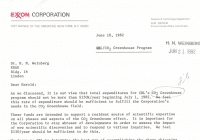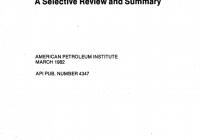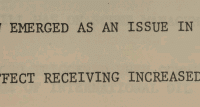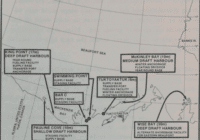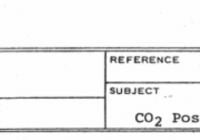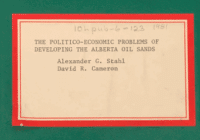1982 Letter Cutting Back Exxon CO2 Greenhouse Project
Letter from Roger W. Cohen, Director of Exxon’s Theoretical and Mathematical Sciences to Peter Kimon, Exxon International Tanker Division canceling work of the CO2 Greenhouse Project on tanker “s/s Esso Atlantic” dated July 14, 1982.


